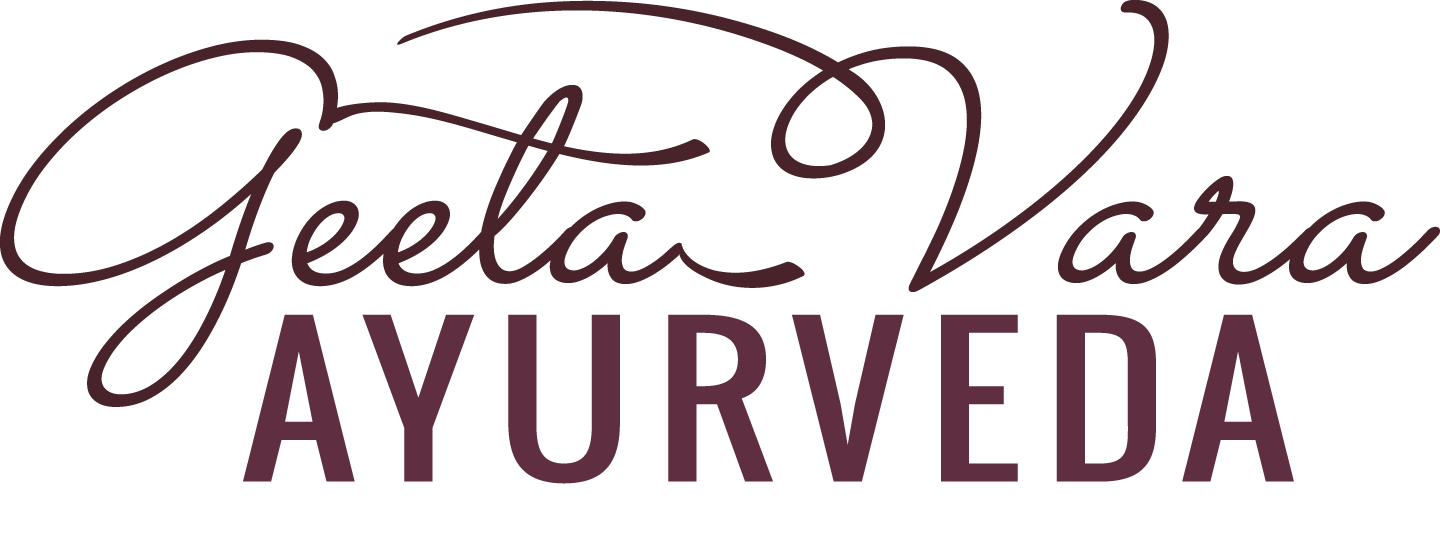Benefits of Self Abhyanga (Ayurvedic oil massage)
/The sanskrit word sneha translates as ‘oil’, but another very deep and meaningful translation of this word is ‘love, affection, tenderness’. As far as Ayurvedic rituals are concerned - snehana or abhyanga is all about anointing ourselves from head to toe with warm oil. This is a signature daily self care ritual and in my opinion ’self care’ and ‘self love’ are interchangeable concepts.
It's now vata season and it's the perfect time to start the Ayurvedic rituals of regular self massage with warm oils. Vata is cold light and dry and warm oils are the best want to bring balance to the mind and body during the autumn.
When we think of massage we think of it as a treat. We would book something once or twice a year or when on holiday but anointing the body with oils has been an integral part of so many cultures across the ages for both, physical, mental, emotional and spiritual benefits. According to Ayurveda, self abhyanga (self massage) is a daily rituals that happens as part of our self care regime - It is essentially an act of self-love, self-care and self respect. It balances the doshas and cultivates optimal wellbeing - after all our skin is our largest protective organ and the sense of touch has always been the most nurturing to us. Our skin also acts as the gateway to release toxins and absorb nourishment for our tissues.
How do you feel after a gentle and nurturing massage? How would you feel if you created a little time in your weekly/daily schedule to do the same for yourself? It is believed that abhyanga invokes similar sensations to those we feel when one we are immersed in the feelings of love such as warmth, relaxation and safety.
Self-abhyanga benefits
Relieves stress and anxiety
Reduces fatigue in the body and mind
Boosts your mood
Reduces muscle tension and pain
Relives tensions headaches and neck pain
Improves circulation of prana and strength
Encourages lymphatic drainage
Loosens toxins
Contributes to improved immunity
Prevents premature ageing
Improves lustre of skin
Relieves joint pain and stiffness
Increases range of motion
Helps your to sleep soundly
Lowers blood pressure
Improves poor digestions
Self-abhyanga routine:
Always use comfortably warm oils - Dosha balancing or a specific medicated oil works well. It’s also best to be in a warm room/bathroom
Start at the top of your head (adhipati marma) and apply oil with your finger tips and then work slowly over the entire scalp with gentle circular motions for a few minutes.
Gently massage the face in a circular upwards and outward movement (forehead, temples, cheeks, jaws, ears)
Use long strokes on the limbs (arms and legs) and circular strokes on the joints (elbows and knees). Massage down and out and you can also massage toward the direction of your heart
Massage the abdomen and chest in clockwise, circular motions and do anoint your back the best you can
Finish by massaging the feet where we have many nerve endings of essential organs and some vital marma points (tala hyrdaya marma)
Sit and rest with the oil for 5-10 minutes to help the oil can absorb into the deeper layers of the body
Enjoy a warm bath or shower. You can use a mild soap
Pat your self dry gently with a towel dry gently.
Self-abhyanga oils
Take time to anoint yourself particularly over the autumn (vata season) with care and connection for 10-15 minutes before your daily shower. Allow the oils to absorbs for about 5-10 minutes. Here are some of my favourite Abhyanga oils:
Vata balancing oil: Essential Ayurveda
Pitta balancing oil: Essential Ayurveda
Kapha balancing oil: Essential Ayurveda
Dhanwataram tailam (for all three doshas): Triveda
Mahanarayan tailam (for muscle restoration): Essential Ayurveda
Bringadi tailam (for hair): Triveda
Arimedadi tailam for oil pulling: Triveda
Anu Tailam (for nasya): Triveda
Enjoy this beautiful practice and all the nourishing benefits that it brings. You only need to give yourself permission! Other Ayurvedic morning self care rituals include: tongue scraping, oil pulling (gandusha), Neti-pot cleansing, body brushing, eye bathing, nasya, yoga, pranayama, meditation and a warm lemon water in the morning. For more on Ayurvedic rituals and lifestyle - join me for a workshop or a retreat.
Read the book or join the coaching programme.

